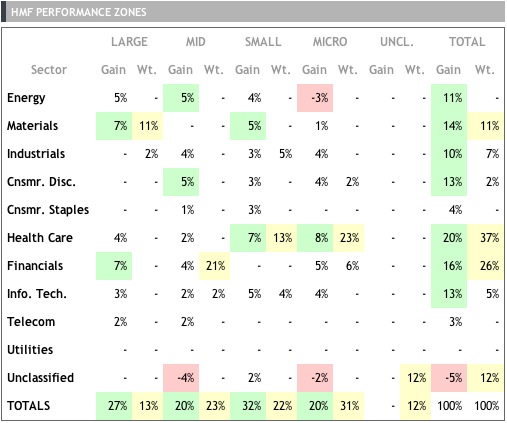Justin Uyehara has a 10 year track record with Marketocracy, showing an annualized return of 30% a year, net of fees. By comparison, the S&P 500 returned less than 9% a year during the same period. Justin is up a cumulative 240% over the past 5 years, and up 22% so far this year, net of fees. He is profiled in the book “The Warren Buffetts Next Door” by Forbes Investment Editor Matt Schifrin. Could Justin Uyehara be the next Warren Buffett?
Investment Style
With a portfolio turnover rate that has at times exceeded 3000%/year, Justin Uyehara’s investment style is very different than Buffett’s. Where Buffett has come to define value investing, Justin is the quintessential swing trader.
Buffett likes stocks that have solid, steady growth. Justin likes volatile markets because that’s when the swings between the highs and the lows are at their biggest. Buffett likes to find stocks that he can hold forever. It is rare for Justin to hold onto a stock for more than a few months.
However, to me, its more important that he deliver Buffett-like returns than that he make the same decisions Buffett would have.
A Great Stock Picker
Over the past 10 years, Justin has invested in a total of 1204 stocks at one time or another, and made money on 797 (66%) of those stocks. Careful stock selection is a key to Justin’s success.
A Decent Trader With An Excellent Sell Discipline
Justin’s average gain to loss ratio is 1.08. This ratio tells me that on average he makes 8% more when he is right about a stock than he loses when he is wrong. To keep this ratio above 1.0, you have to be good at cutting your losers off while the losses are small. In 2008, when the market was crashing, Justin’s discipline led him to sell relatively early while the losses were small. As a result, in 2008 when the S&P 500 fell 37%, Justin was down just 1.2%, net of fees.
Profitable In Many Sectors
This table shows which sectors and market caps accounted for Justin’s gains and losses over the past 10 years. What is unusual about Justin is that he has made money in all market caps, and nearly all sectors.
My Assessment
Put together, these statistics tell me that Justin’s return comes from making lots of trades in every sector and market cap which are small wins but where the winners outnumber the losers roughly 2 to 1.
He accomplishes this by looking at stocks that are making a big move up or down on high volume because that’s when something has changed which affects the opinions of people holding lots of shares. He then looks at what changed and makes a judgement call about whether, or not, the stock price move has more room to run. Of all the stocks he has chosen to buy over the past 10 years, Justin’s judgement call was right 66% of the time.
Recent Trades
Buy Proshares Ultrashort Yen (NYSE:YCS)
Japan’s central bank is conducting a massive quantitative easing program which will double the country’s money supply by injecting $1.4 trillion at about $70 billion/month into their economy. To put this in perspective, the U.S. Federal Reserve is injecting $85 billion a month into the U.S. economy which is 3x the size of Japan’s. Two days ago, the yen strengthened after the Bank of Japan neither increased or decreased the program. However, as long as the program is in place, the longer term trend for the yen has got to be down so yesterday’s move is a short-term, tradeable counter-trend rally against the long-term trend being engineered by Japan’s government.
Sell Proshares Ultrashort Gold (NYSE:GLL)
By selling GLL, Justin is acting on an opinion that the lion’s share of the drop in gold prices has already occurred so the risk/reward of staying short gold is no longer favorable.
Sell Proshares Ultrashort Lehman 20 (NYSE:TBT)
By selling TBT, Justin is betting that the Fed will not be allowing interest rates to rise soon. The rise we’ve seen in the past month is more driven by market psychology than fundamentals. Market psychology can diverge from reality in the short term, but in the end, reality always wins.
You Make The Call
Does Justin’s 10 year track record give you enough confidence to stick with him for an entire market cycle? The specific situations that generated his return for the past 10 years may not present themselves again in the future. But, going forward, I expect Justin will apply the same good judgement to whatever opportunities the future brings. Volatile markets are Justin’s fat pitch, and if there is one thing I think we will see more of in the coming years, it’s volatility.





